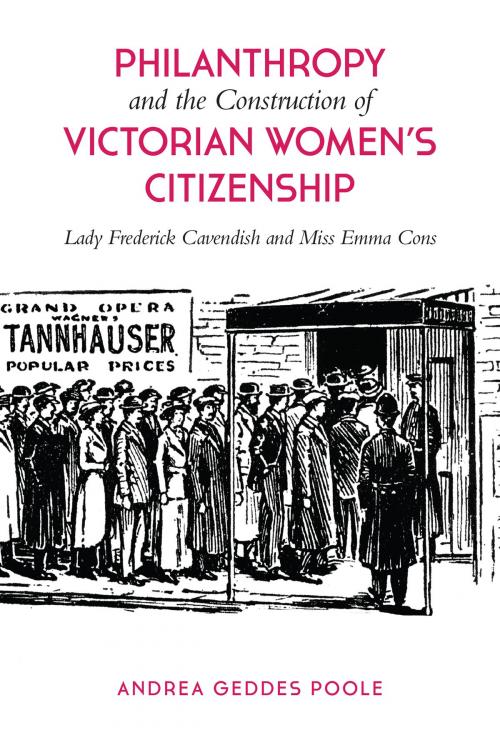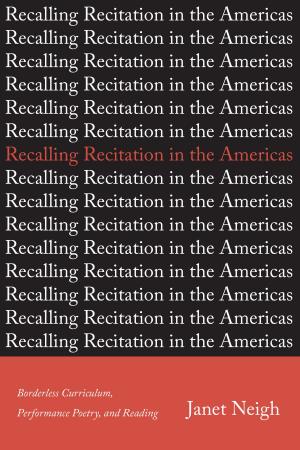Philanthropy and the Construction of Victorian Women's Citizenship
Lady Frederick Cavendish and Miss Emma Cons
Nonfiction, Social & Cultural Studies, Social Science, Gender Studies, Women&, History, British| Author: | Andrea Geddes Poole | ISBN: | 9781442693548 |
| Publisher: | University of Toronto Press, Scholarly Publishing Division | Publication: | February 5, 2014 |
| Imprint: | Language: | English |
| Author: | Andrea Geddes Poole |
| ISBN: | 9781442693548 |
| Publisher: | University of Toronto Press, Scholarly Publishing Division |
| Publication: | February 5, 2014 |
| Imprint: | |
| Language: | English |
British social reformers Emma Cons (1838–1911) and Lucy Cavendish (1841–1924) broke new ground in their efforts to better the lot of the working poor in London: they hoped to transform these people’s lives through great art, music, high culture, and elite knowledge. Although they did not recognize it as such, their work was in many ways an affirmation and display of citizenship. This book uses Cons’s and Cavendish’s partnership and work as an illuminating point of departure for exploring the larger topic of women’s philanthropic campaigns in late Victorian and Edwardian society.
Andrea Geddes Poole demonstrates that, beginning in the late 1860s, a shift was occurring from an emphasis on charity as a private, personal act of women’s virtuous duty to public philanthropy as evidence of citizenly, civic participation. She shows that, through philanthropic works, women were able to construct a separate public sphere through which they could speak directly to each other about how to affect matters of significant public policy – decades before women were finally granted the right to vote.
British social reformers Emma Cons (1838–1911) and Lucy Cavendish (1841–1924) broke new ground in their efforts to better the lot of the working poor in London: they hoped to transform these people’s lives through great art, music, high culture, and elite knowledge. Although they did not recognize it as such, their work was in many ways an affirmation and display of citizenship. This book uses Cons’s and Cavendish’s partnership and work as an illuminating point of departure for exploring the larger topic of women’s philanthropic campaigns in late Victorian and Edwardian society.
Andrea Geddes Poole demonstrates that, beginning in the late 1860s, a shift was occurring from an emphasis on charity as a private, personal act of women’s virtuous duty to public philanthropy as evidence of citizenly, civic participation. She shows that, through philanthropic works, women were able to construct a separate public sphere through which they could speak directly to each other about how to affect matters of significant public policy – decades before women were finally granted the right to vote.















